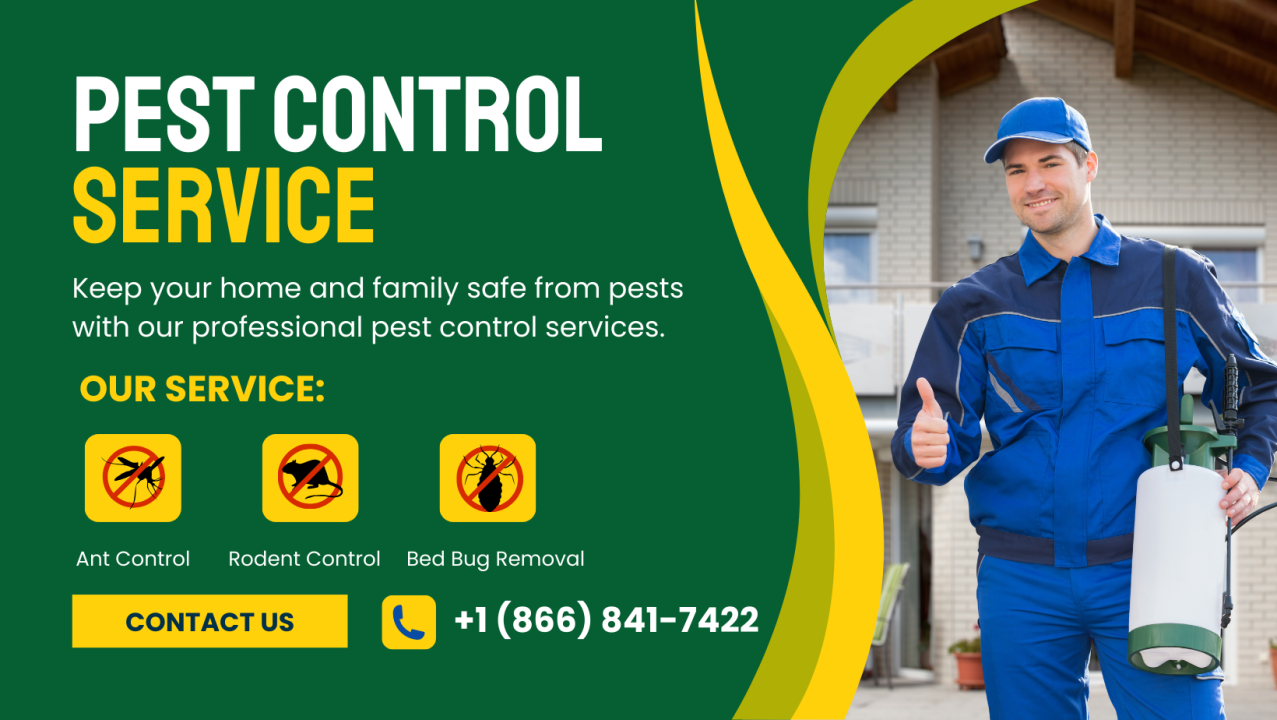Reputable Pest Control Auckland: Professional Extermination and Prevention
Reputable Pest Control Auckland: Professional Extermination and Prevention
Blog Article
Recognizing Various Types of Insect Control Methods and Their Effectiveness
The management of parasites is an essential facet of preserving the health and integrity of various atmospheres, from agricultural areas to household homes. When considering insect control methods, it is important to recognize the varied strategies readily available and their differing degrees of performance. From chemical treatments to biological remedies, each technique presents unique advantages and constraints. By checking out the nuances of these bug control methods, a detailed understanding of exactly how to address parasite problems can be developed.
Chemical Parasite Control Techniques
Chemical parasite control approaches play an essential function in properly managing and removing pest invasions in various environments. One of the key advantages of chemical insect control is its ability to offer quick and targeted options to pest issues. Pest Control Auckland.
Nevertheless, it is important to consider the potential threats and downsides connected with chemical insect control techniques. Overreliance on chemicals can cause the growth of pesticide resistance in insects, making them tougher to regulate in the long run. Furthermore, making use of certain chemicals can have harmful effects on non-target microorganisms, the atmosphere, and human health and wellness if not used properly.

Biological Parasite Control Techniques
Making use of natural predators and virus to handle pest populaces successfully, biological insect control techniques use a eco-friendly and sustainable approach to pest administration. By presenting or advertising the task of microorganisms that naturally exploit or infect parasites, such as ladybugs for aphid control or certain germs for caterpillar problems, biological control can aid preserve bug populations at workable degrees without the demand for synthetic chemicals. This technique is specifically beneficial for natural farming techniques, as it prevents making use of possibly hazardous compounds while keeping crop health and wellness.

Physical Insect Control Approaches
While biological bug control approaches focus on harnessing all-natural killers and microorganisms, physical bug control approaches use physical and mechanical barriers to manage bug populaces. These approaches are often thought about eco-friendly as they minimize using chemicals. Physical insect control consists of techniques such as trapping, using obstacles like nets or screens, and literally removing bugs from the location.
Catches are commonly utilized in physical bug control to catch and remove bugs like rats and bugs. One more physical technique is the use of barriers such as fences, internet, or screens to avoid pests from entering or infesting certain locations.
Natural Insect Control Approaches
Incorporating plant-based repellents and all-natural killers is an essential method in executing reliable natural pest control approaches. By urging the existence of helpful insects like ladybugs, lacewings, or predacious mites, gardeners can naturally control pest populations. These killers eat common yard pests such as caterpillars, termites, and aphids, aiding to keep a balanced ecological community without the requirement for chemical treatments.

Furthermore, implementing social methods such as plant turning, buddy growing, and keeping proper plant health and wellness can additionally boost the effectiveness of all-natural parasite control approaches. These strategies not just assist in avoiding pest problems however also promote biodiversity and overall ecosystem resilience. By incorporating these natural techniques, individuals can efficiently take care of pests while reducing ecological impact.
Integrated Pest Monitoring (IPM) Technique
Implementing an Integrated Parasite Administration (IPM) technique is vital for efficiently managing parasite populaces while reducing reliance on chemical pesticides. IPM is a comprehensive and lasting approach that combines numerous pest control methods to attain lasting solutions. This strategy focuses on prevention, surveillance, and control to deal with parasite concerns in an environmentally pleasant manner.
IPM find more incorporates organic, social, physical, and mechanical strategies with the restricted and calculated usage of pesticides when required. By emphasizing proactive procedures such as habitat adjustment, organic control, and exclusion, IPM aims to reduce bug populations and their influence on the ecosystem. Regular surveillance is essential in IPM to examine pest degrees precisely and identify the most appropriate control methods.
Among the key advantages of IPM is its capacity to minimize the threats associated with too much pesticide use, such as environmental contamination and injury to non-target microorganisms. In addition, IPM advertises a much more holistic strategy to pest monitoring by thinking about the overall environment dynamics. Generally, the IPM approach offers a reliable and sustainable service for pest control while advertising ecological duty.
Conclusion
In final thought, recognizing the various types of bug control methods and their efficiency is critical in efficiently handling bug infestations. Integrated Parasite Management (IPM) method, which integrates different approaches for sustainable bug control, is progressively being identified as a eco pleasant and alternative option.
Chemical bug control techniques play a crucial duty in properly taking care of and eradicating pest invasions in numerous environments.Using all-natural predators and microorganisms to take care of pest populaces successfully, organic insect control techniques provide a sustainable and environment-friendly method to pest administration. By introducing or promoting the task of microorganisms that naturally prey on or contaminate parasites, such as ladybugs for aphid control or specific germs for caterpillar infestations, organic control can assist preserve pest populaces at workable levels without the demand for artificial chemicals.While biological pest control approaches concentrate on taking advantage of natural killers and microorganisms, physical pest control methods use physical and mechanical barriers to take care of bug click site populations. Integrated Parasite check out this site Administration (IPM) technique, which integrates various techniques for lasting bug control, is progressively being identified as a alternative and environmentally pleasant option.
Report this page